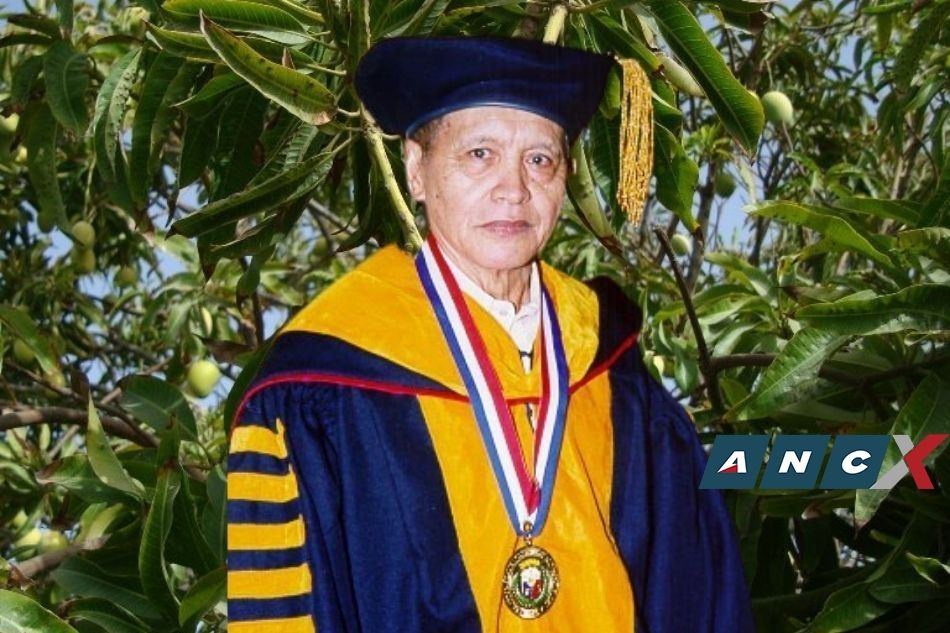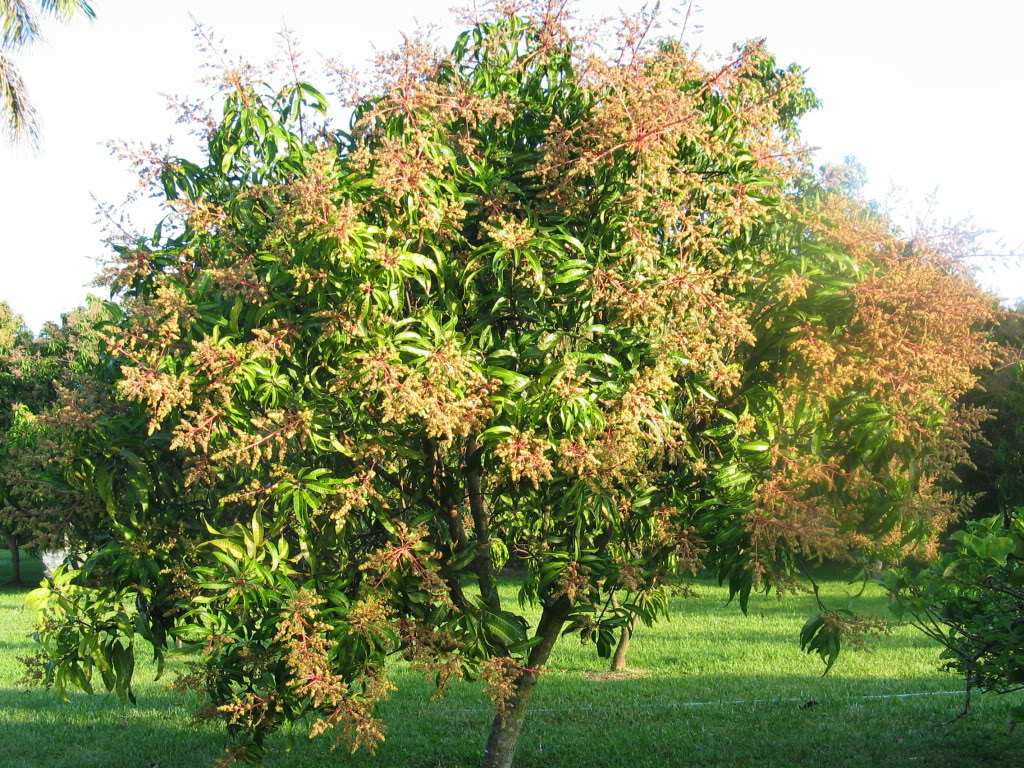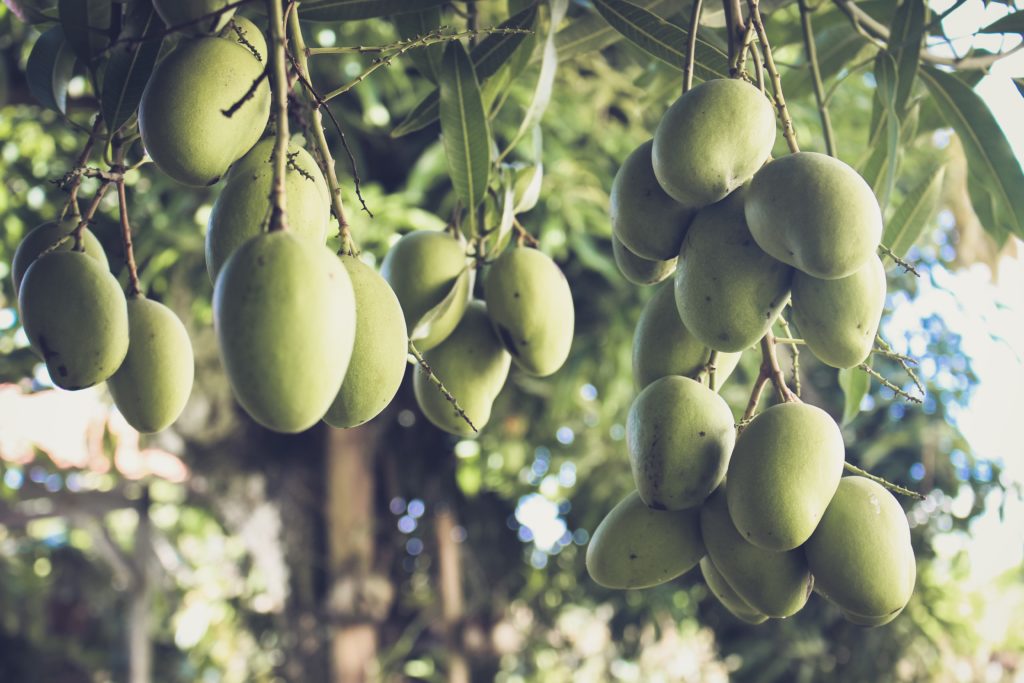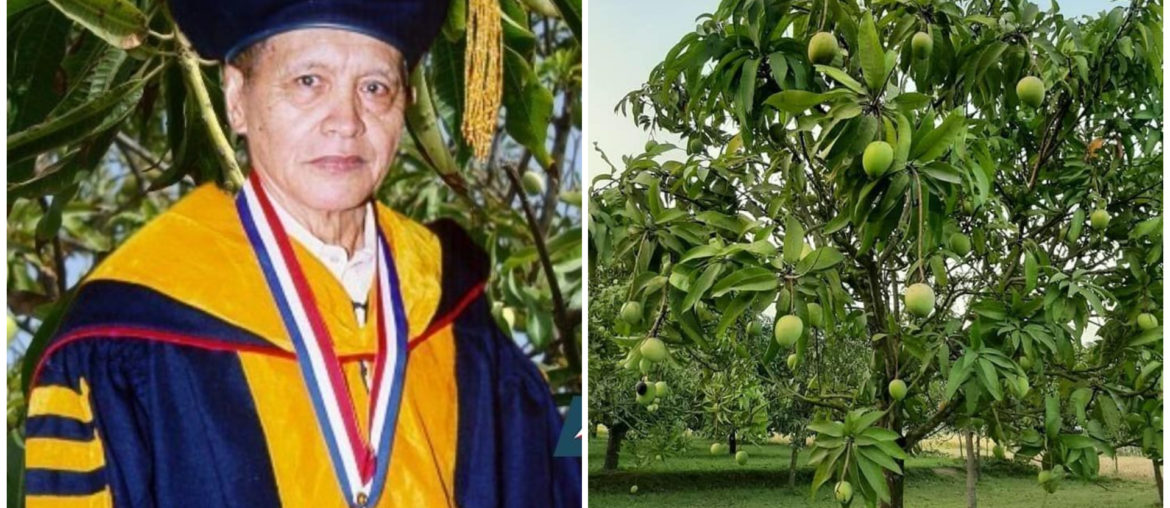Did you know that mangoes weren’t supposed to bear fruits all year? Before, it bears fruit only in specific months and even in alternate years.
Farmers would try smoking the trees just to stimulate flowering.
With the Philippines having the most delicious mangoes in the world, I think it only made sense that a Filipino should be the one to perfect this technique.
A National Scientist of the Philippines and horticulturist , Dr. Ramon Barba, made the discovery in the 1970s that made mangoes bear fruit all year round and the world have been reaping its benefits since then. Some of the main places are Latin America, Africa, Asia, and Australia.

Revolutionary Study Journey
- He took up Bachelor of Science in Agriculture at the UP Los Baños (UPLB) in the 1950s and majored in Agronomy and Fruit production
- He received a scholarship and had his graduate studies at the University of Georgia and was even given a distinction Master of Science in Horticulture from the university when he graduated.
- He had his doctorate degree in Plant Physiology, specializing in Tropical Fruits and Tissue Culture in University of Hawaii at Manoa and graduated in 1967.
The Science behind fruit-bearing
The simple yet revolutionary technique was spraying potassium nitrate on the plant which then stimulates the flowering of the mango trees.

“You just get one kilo of potassium nitrate, put it in 100 liters of water, spray it on the plant once—and within a week you can see the buds forming. In two weeks, the buds are already forming into flowers. It was…. unprecedented. I have never seen any reaction so spectacular,” -Barba, World Intellectual Property Organization (WIPO)
In his study he included Potassium nitrate on his list because of its link to ethylene which is responsible in the ripening of fruits.
Discovery Effect
The mango industry in the Philippines boomed as the technique doubled and even tripled the yield. It surely helped our country to become one of the largest exporters of mangoes in the world and largely contributed to the Philippine economy.

Dr. Barba, despite this amazing discovery have remained very humble and said in an interview that he only did his job of wanting to help do things better and even further called his discovery as “tsamba”, roughly translated as a lucky surprise.
He may call it luck but his lifetime of research including breakthroughs on banana micropropagation and tissue culture of sugarcane and calamansi, has lasting impacts on the world of agriculture and the world itself.
Dr. Ramon Barba passed away last October 10, 2021 at the age of 82.



Comments are closed.